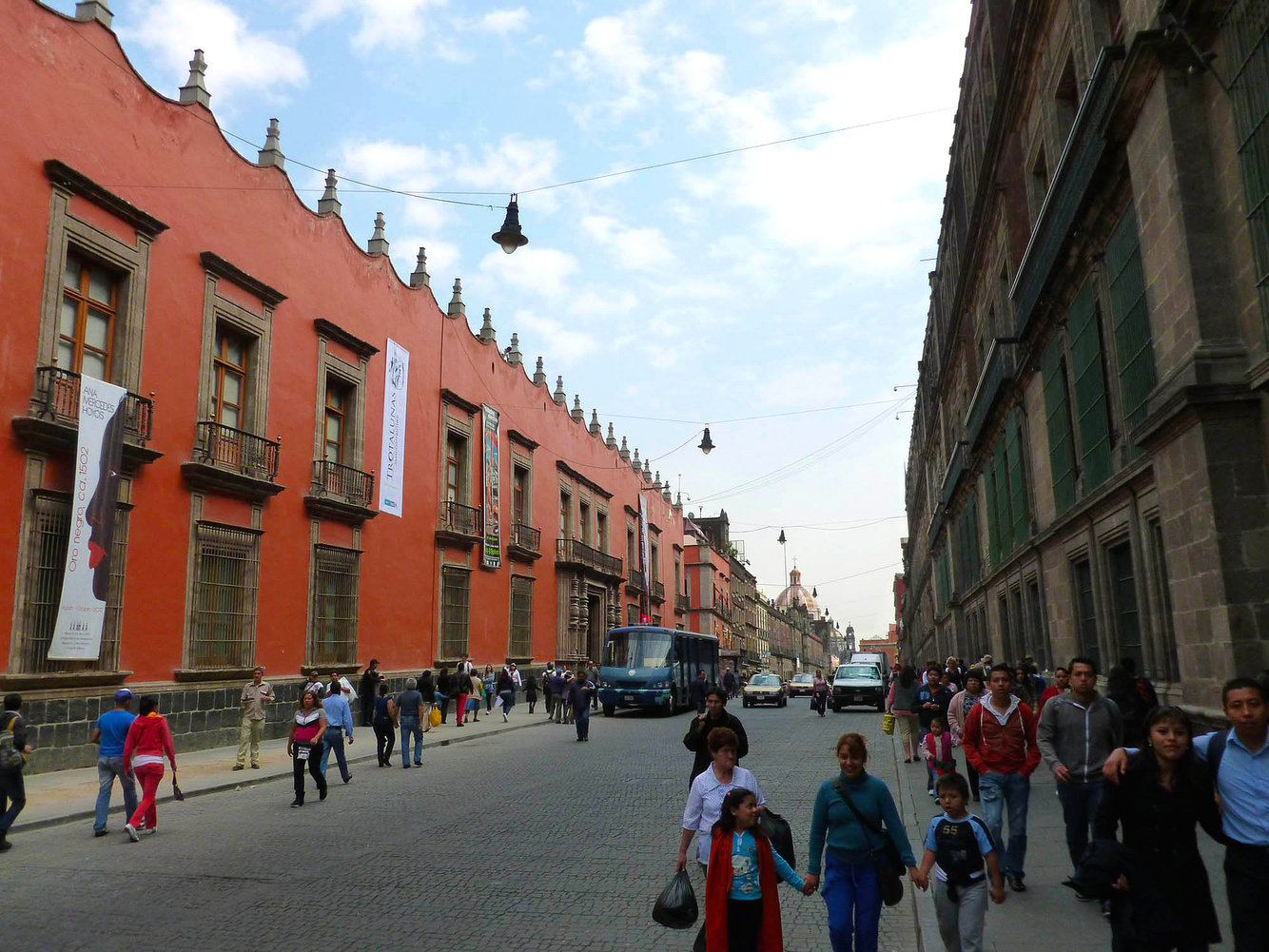When you ban cars from your city centre, you can hear birds sing, coffee spoons tinkle, see children wander...
Evocative report from The Guardian on Pontevedra. The opening:
People don’t shout in Pontevedra – or they shout less. With all but the most essential traffic banished, there are no revving engines or honking horns, no metallic snarl of motorbikes or the roar of people trying make themselves heard above the din – none of the usual soundtrack of a Spanish city.
What you hear in the street instead are the tweeting of birds in the camellias, the tinkle of coffee spoons and the sound of human voices. Teachers herd crocodiles of small children across town without the constant fear that one of them will stray into traffic.
“Listen,” says the mayor, opening the windows of his office. From the street below rises the sound of human voices. “Before I became mayor 14,000 cars passed along this street every day. More cars passed through the city in a day than there are people living here.”
Miguel Anxo Fernández Lores has been mayor of the Galician city since 1999. His philosophy is simple: owning a car doesn’t give you the right to occupy the public space.
“How can it be that the elderly or children aren’t able to use the street because of cars?” asks César Mosquera, the city’s head of infrastructures. “How can it be that private property – the car – occupies the public space?”
More here. The online magazine Business Insider recently profile 13 cities with plans to ban cars from their centres - some below:
People in Chengdu, China will be able to walk anywhere in 15 minutes or less
Chicago-based architects Adrian Smith and Gordon Gill designed a new residential area for the Chinese city. The layout makes it easier to walk than drive, with streets designed so that people can walk anywhere in 15 minutes.
While Chengdu won't completely ban cars, only half the roads in the 80,000-person city will allow vehicles. The firm originally planned to make this happen by 2020, but zoning issues are delaying the deadline.
Oslo, Norway will implement its car ban by 2019
Oslo plans to permanently ban all cars from its city center by 2019 — six years before Norway's country-wide ban would go into effect.
The Norwegian capital will invest heavily in public transportation and replace 35 miles of roads previously dominated by cars with bike lanes.
"The fact that Oslo is moving forward so rapidly is encouraging, and I think it will be inspiring if they are successful," said Paul Steely White, the executive director of Transportation Alternatives, an organization that supports bikers in New York City and advocates for car-free cities.
Terrasse au Vaudeville in Brussels, Belgium.
Brussels, Belgium features the largest car-free area in Europe
Most streets that surround Brussels' city square, stock exchange, and Rue Neuve (a major shopping street) have always been pedestrian-only. The roads make up the second largest car-free zone in Europe, behind Copenhagen.
In 2002, Brussels launched its first "Mobility Week," which was meant to encourage public transportation over private transport. And for one day every September, all cars are banned from the entire city center.
The city is looking for more ways to expand its car-free zones — one proposal would turn a popular four-lane boulevard into a pedestrian-only area. In January, Brussels started banning diesel cars made prior to 1998. And this summer, the city will make public transport free on high-air-pollution days, according to The Guardian.
Mexico City hopes to ban about two million cars from the city center
In April 2016, Mexico City's local government decided to prohibit a portion of cars from driving into the city center two days every work week and two Saturdays per month. It determines which cars can drive on a given day using a rotating system based on license plate numbers.
According to the Associated Press, the policy applies to an estimated two million cars and helps to mitigate the city's high smog levels.





